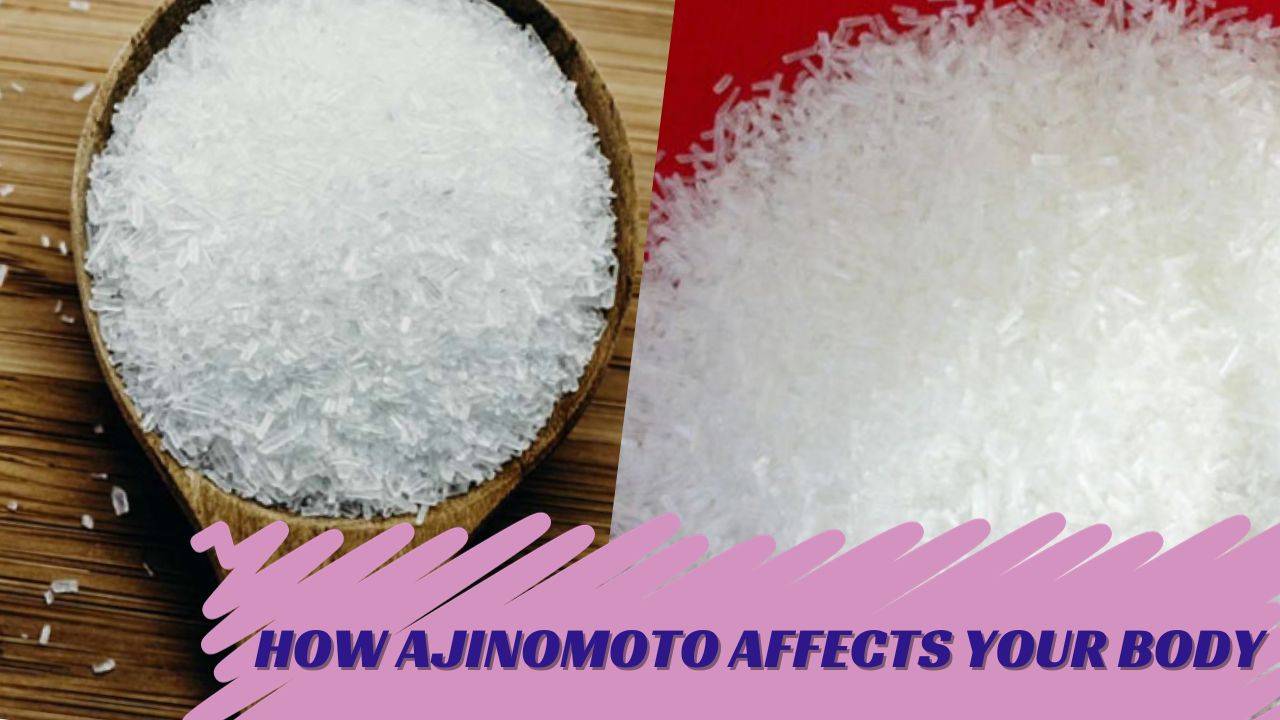
Ajinomoto, a brand name for monosodium glutamate (MSG), has long been a subject of controversy in the world of food.
While it's been criticized by some, it's important to know that when consumed in moderate amounts, MSG is generally recognized as safe and can enhance the flavour of foods. MSG is known for adding a delightful umami taste to dishes, described as a savoury, meaty, or brothy flavour.
Why MSG is Used in Cuisines
MSG is primarily used to elevate the savoury taste of foods. It can transform dishes, making them more flavourful and appealing, which is why it's a common ingredient in various cuisines. You'll find Ajinomoto in processed foods, restaurant dishes, and fast-food items. However, there are some key considerations to bear in mind.
The Controversy
Some individuals report experiencing symptoms like headaches, sweating, and chest pain after consuming foods containing MSG, which is occasionally referred to as "Chinese Restaurant Syndrome."
Additionally, some people might be sensitive to high doses of MSG or have underlying health conditions that make them more susceptible to its effects. It's also important to note that Ajinomoto is rich in sodium, a component of salt.
Overconsumption of sodium can lead to high blood pressure and cardiovascular problems, making it a concern for individuals with hypertension or those at risk of heart disease.

Moderation is Key
As with many food additives, moderation is key. While MSG is considered safe for most people, consuming extremely large quantities of it may not be advisable. There is evidence suggesting that Ajinomoto-rich foods may encourage overeating due to their enhanced palatability, potentially leading to weight gain and obesity over time. In such cases, limiting or avoiding foods with added MSG is advisable.
Monitoring MSG Consumption
Being aware of the source of MSG in your food is essential. Natural food sources of glutamate, such as tomatoes, Parmesan cheese, and mushrooms, also contain glutamate and can be part of a balanced diet. A diet rich in whole, unprocessed foods is generally considered healthier than relying on highly processed foods that often contain added MSG for flavour enhancement.
Key Takeaways
Ajinomoto itself offers no nutritional value. It is merely an artificial flavour enhancer and should not be relied upon as a source of nutrition.
Overreliance on such additives can detract from the consumption of more nutritious whole foods. Ajinomoto or MSG can be used in your cooking as long as it’s done in moderation. It can enhance the flavour of dishes, but a balanced and varied diet based on whole foods remains the foundation of good nutrition.
Seek Expert Advice
If you have concerns about MSG or any food additives, it’s a good idea to consult with a healthcare provider or a registered dietitian for personalized advice. Your individual health and dietary needs should guide your choices when it comes to using Ajinomoto or any food additives.
In conclusion, Ajinomoto, or MSG, can be a valuable tool in enhancing the flavour of your meals when used in moderation. It's not the dietary demon it's often made out to be, but like many things in life, balance is key. Understanding its potential effects on your health and opting for whole, unprocessed foods as the basis of your diet can help you make informed choices about MSG consumption.

















